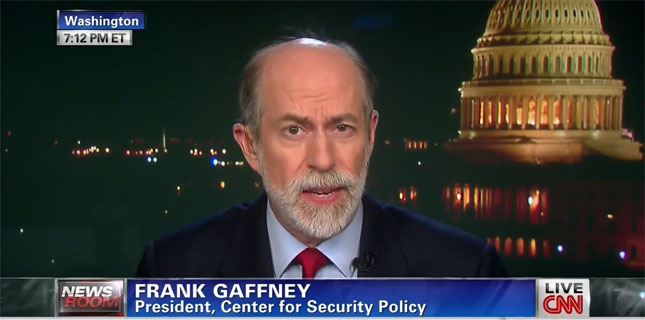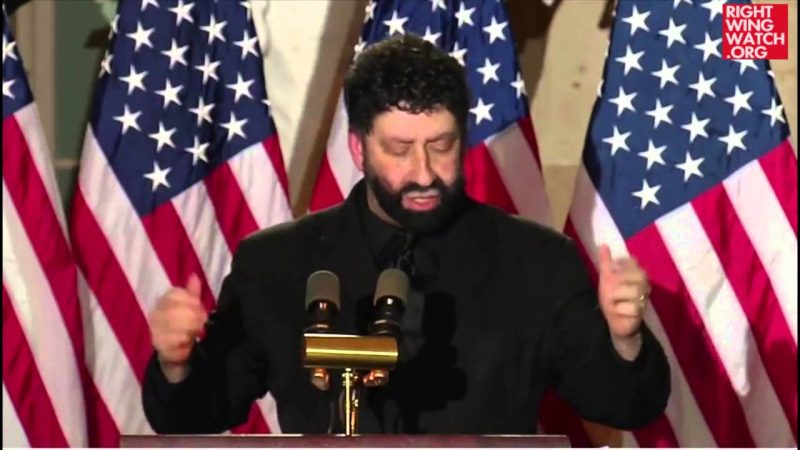The House passed a resolution this week recognizing the commencement of the Muslim holy month of Ramadan, denouncing extremists of that faith, and praising moderates. No members of Congress voted against the symbolic measure, but—in a move reminiscent of protests when a Hindu chaplain gave an opening prayer in the Senate—41 Republicans and one Democrat declined to approve of the resolution, instead voting “present” in an act of protest.
“To offer respect for a major religion is one thing, but to offer respect for a major religion that has been behind the Islamic jihad, the radical jihad, that has sworn war upon the United States, its free allies and freedom in Iraq, is another thing,” explained freshman Michigan Rep. Tim Walberg, who won his seat last year by defeating an incumbent of his own party in a right-wing primary challenge. Colorado Rep. Doug Lamborn—who similarly captured the support of the far Right in a bitter primary, earning the repudiation of the retiring Republican who had held his seat—said, “I couldn’t bring myself to vote ‘yes’ on that resolution,” adding that he “hope[s] that we have more and more moderate Muslims speaking out about the cause of peace in the future.”
Another argument made by opponents of the resolution is the claim that it represents an unfair treatment of Christianity. Rep. Tom Tancredo—who has suggested the U.S. threaten to bomb Mecca as a means “to deter them from attacking us”—claimed that the Ramadan resolution was “an example of the degree to which political correctness has captured the political and media elite … I am not opposed to commending any religion for their faith. The problem is that any attempt to do so for Jews or Christians is immediately condemned as ‘breaching’ the non-existent line between Church and State by the same elite.”
Rep. Scott Garrett (R-NJ) likewise said he was “troubled”:
“There were a number of members who, as we call it down here, ‘stayed off’ that vote and did not support it because I think that they looked at it as something that Congress really should not be doing, should not be picking one faith out and commending that faith.”
Garrett says during his five years in Congress he does not remember the House ever approving a resolution commending Christians for celebrating Christmas or Easter.
Garrett may not have noticed that, among other acts, the federal government marks Christmas as an official holiday every year, a recognition significantly more substantial than a symbolic House resolution imparting “respect.” Similarly, Garrett might not remember voting less than two years ago for a resolution in favor of Christmas. One can almost understand Garrett’s difficulty in making the connection, because while the Ramadan resolution is designed to encourage moderate Muslims while condemning violent ones, the purpose of that Christmas resolution was to escalate a trumped-up “war on Christmas” charade then making the rounds on the Right.







